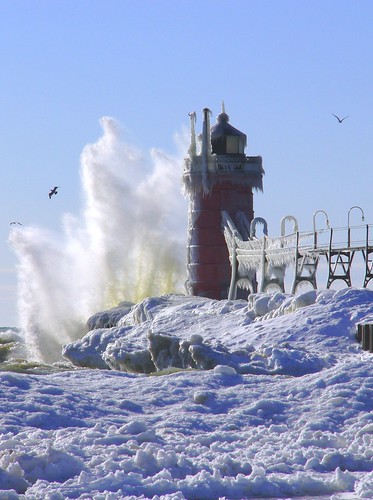This article is about the Greek god. For other uses, see Poseidon (disambiguation).
In Greek mythology, Poseidon (Greek: Ποσειδῶν; LatinRoman Name Neptune: Neptūnus) was the god of the sea, as well as of horses, and as "Earth-Shaker," of earthquakes. The name of the sea-god Nethuns in Etruscan was adopted in Latin for Neptune in Roman mythology; both were sea gods analogous to Poseidon. Linear B graffiti show that Poseidon was venerated at Pylos and Thebes in pre-Olympian Bronze Age Greece, but he was integrated into the Olympian gods as the brother of Zeus and Hades. Poseidon has many children. There is a Homeric hymn to Poseidon, who was the protector of many Hellenic cities, though he lost the contest for Athens to Athena. Poseidon was given a trident during the war of the Titans and the gods. He fought alongside his siblings. The war lasted 10 years. After the war the gods divided the earth among themselves. Zeus took the sky, Poseidon took the sea, and Hades took the underworld. Although Poseidon, unlike Hades, had a throne on Mt. Olympus, he liked to stay underwater in his palace with his queen Amphitrite.
http://en.wikipedia.org/wiki/Poseidon














No hay comentarios:
Publicar un comentario